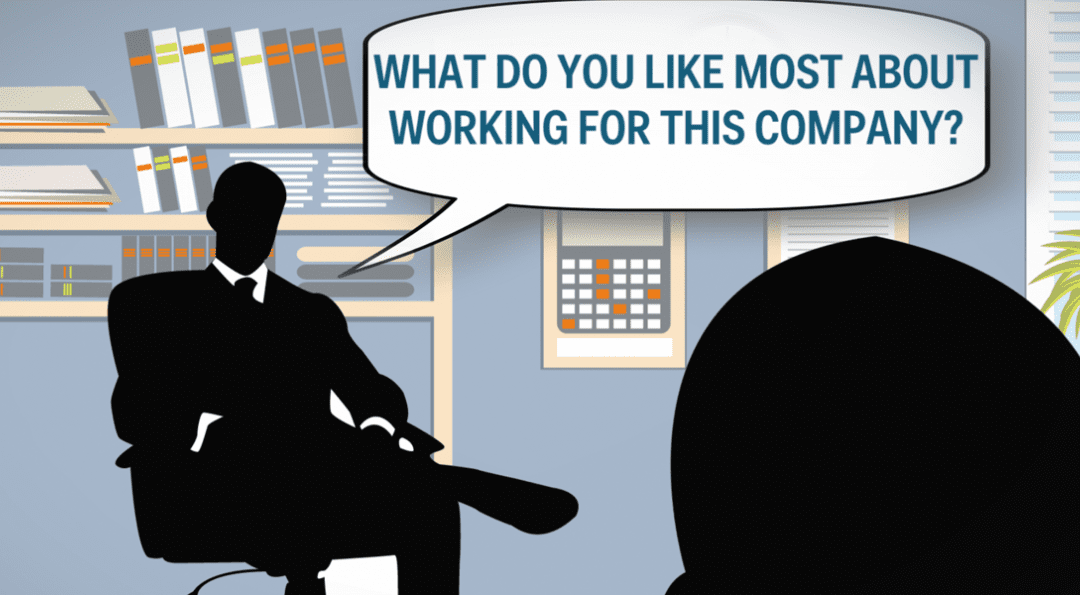This article is part of the “Interview Questions tips” series.
Asking questions at the end of your interview could be the difference between an outstanding job offer and a shuffle back to your computer to complete more applications.
But our latest research revealed that asking the wrong questions could lead to a similar fate as keeping schtum. Thankfully, we also discovered the best questions that candidates should ask in an interview. Here’s a rundown of the top five questions you should be asking and why they’re so great.
Is there room for development in this position?
In your interview, you may have already touched upon some of your duties and responsibilities in this role, which is great. But if you’re going to jump on board and stick around, it’s perfectly acceptable to find out what’s in it for you in the long run too.
74.2% of UK workers said that asking “Is there room for development in this position?” was well-received in an interview. Not only does this question suggest that you’re genuinely intrigued in the position, but it also infers that you’re looking to commit to the company if they take you on.
How would you describe the general culture of the company and the workplace?
Most of your interview will be spent working out whether you’re a good fit for the role. However, you need to make sure the role and company is a good fit for you in return.
51.3% of the nation’s professionals found that asking about company culture helped them secure a job. And we don’t doubt that. You could have the best job in the world, but if you don’t identify with the company, believe in what it stands for, or fit with the people, the novelty could soon wear off.
What are the team like that I will be working with?
Asking about prospective colleagues gave 36.8% of UK workers job interview success according to our research.
This question is great for two reasons. Firstly, it shows that you’re serious about the role and keen to get to know where you will fit in.
Secondly, it will offer some peace of mind should you accept a job offer. If you’re aware of what to expect on your first day, such as the number of people in your team and their working style, you may avoid some of the newbie nerves.
When can I start?
According to 24.2% of professionals, asking about a start date is a great question to ask at the end of an interview.
Firstly, if the interview has gone well, your prospective employer is likely to ask this anyway, so it shows you’ve read the situation well. In addition, it highlights that you’re genuinely interested in the job and are keen to weigh up start dates with your own commitments, such as notice periods.
We understand that this question might seem a little forward in a first interview, so it’s perfectly acceptable to ask it in your follow up email, or in your second interview when you’re more comfortable with the employer.
How do you measure success?
For 23.3% of British workers, asking a question about measuring or judging success scored them brownie points in an interview. This question suggests that you’re a goal-orientated person who likes a challenge and to achieve results. These are great attributes that all employers seek in their staff.
What’s more, this question will give you a decent idea of how your performance will be judged. Therefore, you’ll be familiar with what’s expected of you in this new role and how you can excel.
If you really want to impress in your next job interview, be sure to ask beneficial questions about the company’s culture, teams and how they measure success. Not only will this help you paint a picture of what it’s like to work there, but it will also show the interviewer that you’re a conscientious vessel of talent worth having on board.
About the author: Laura Slingo is Digital Copywriter for the UK’s leading independent job board, CV-Library. For more expert advice on job searches, careers and the workplace, visit their Career Advice pages.
